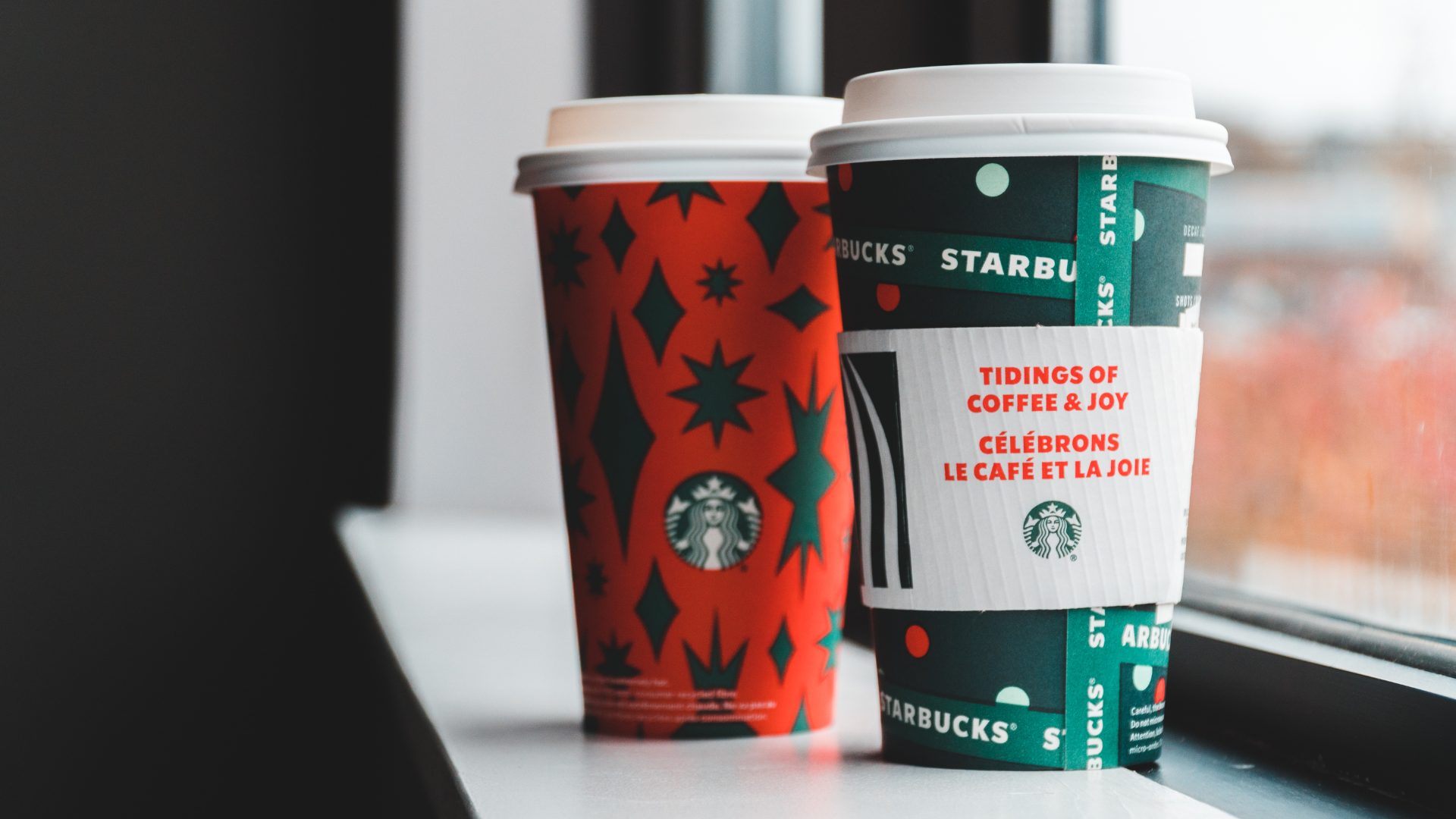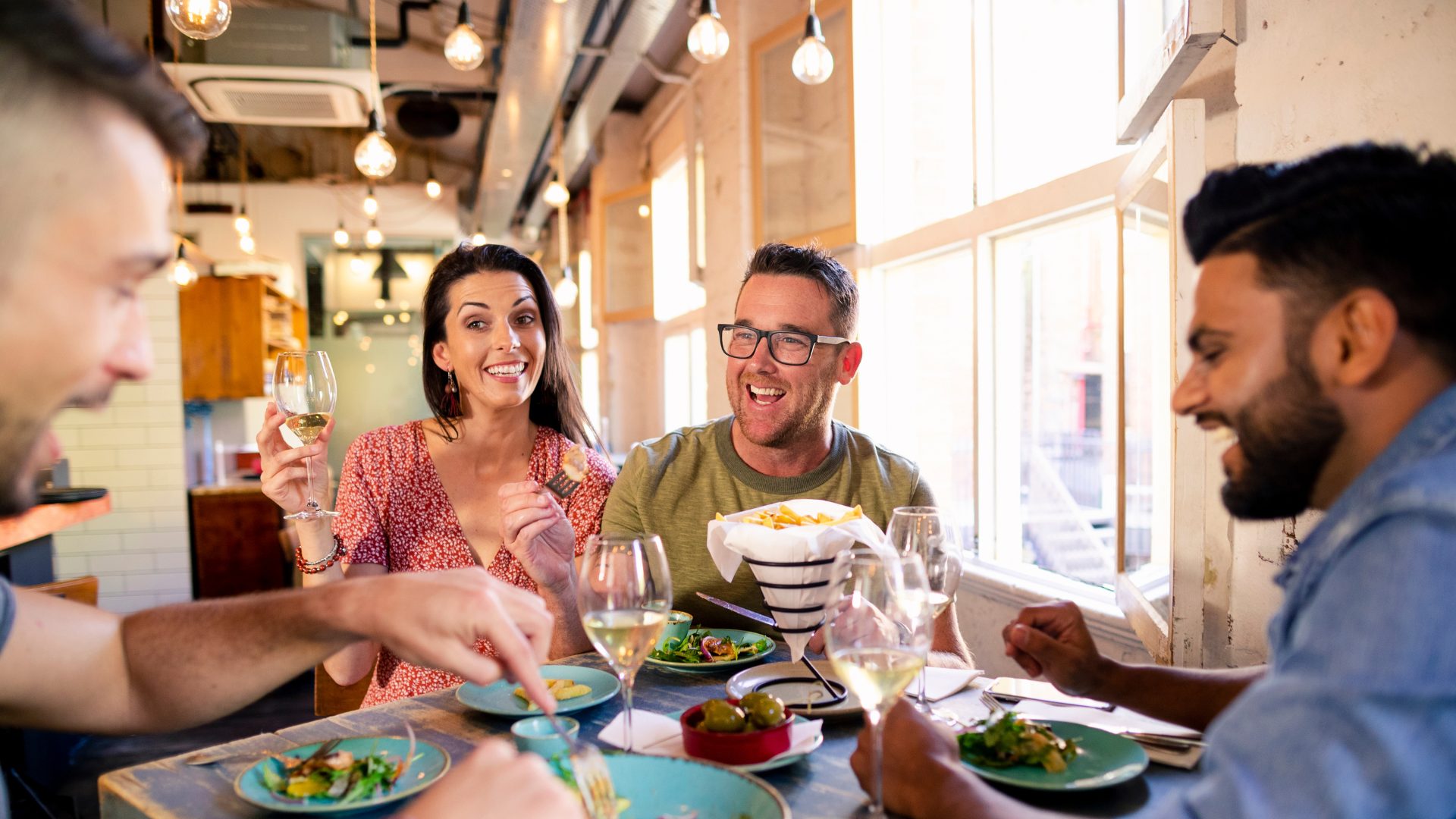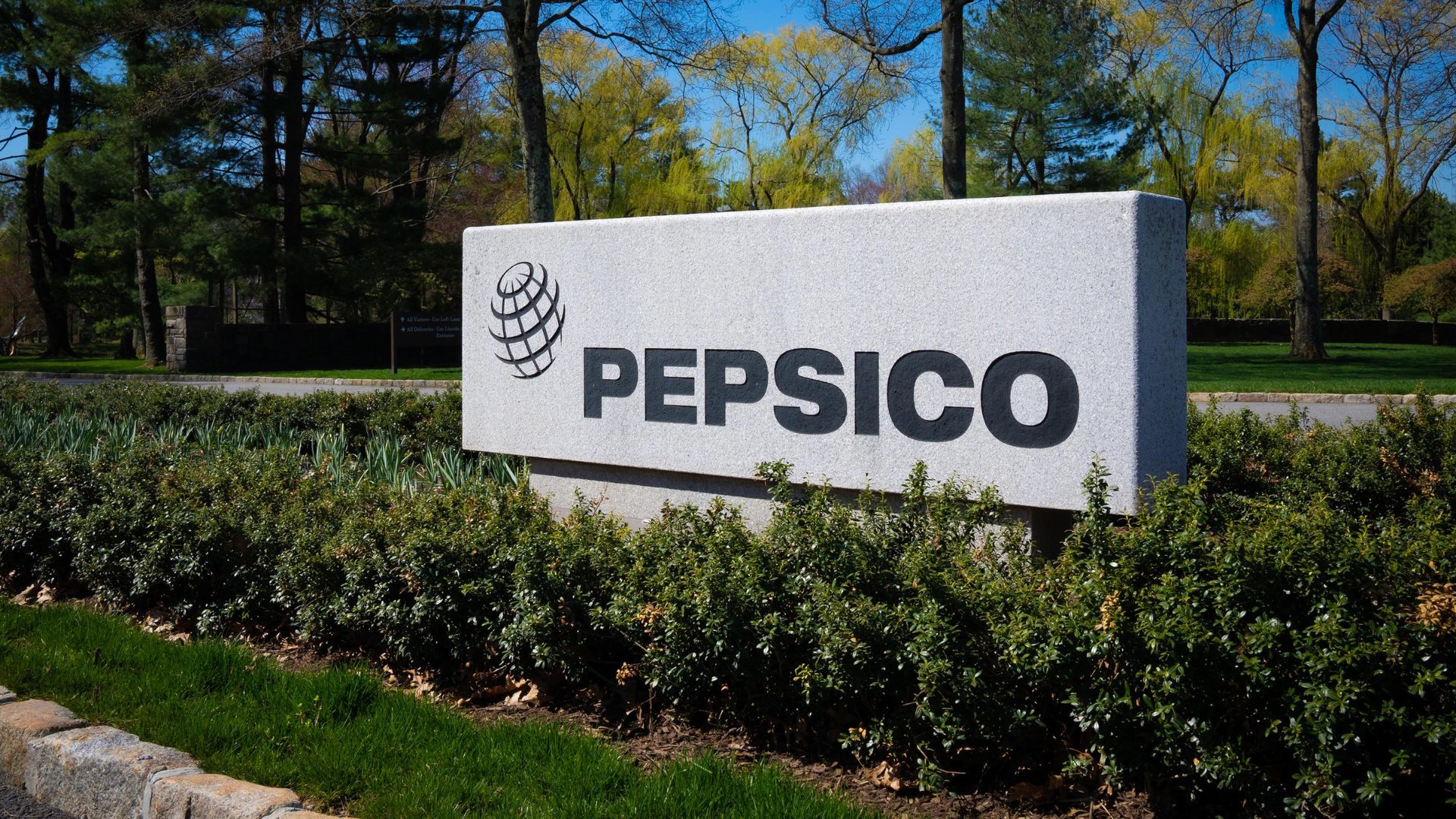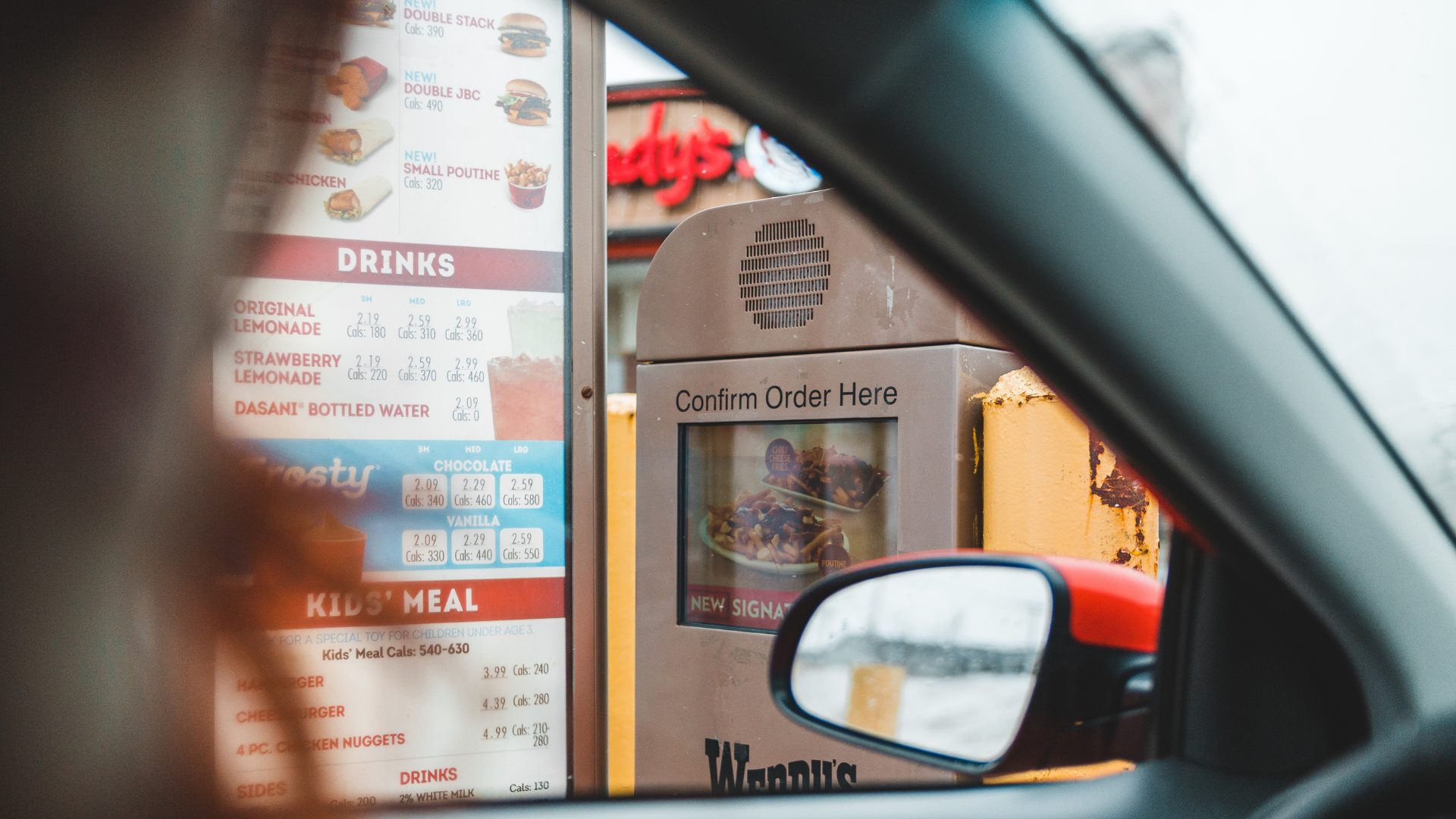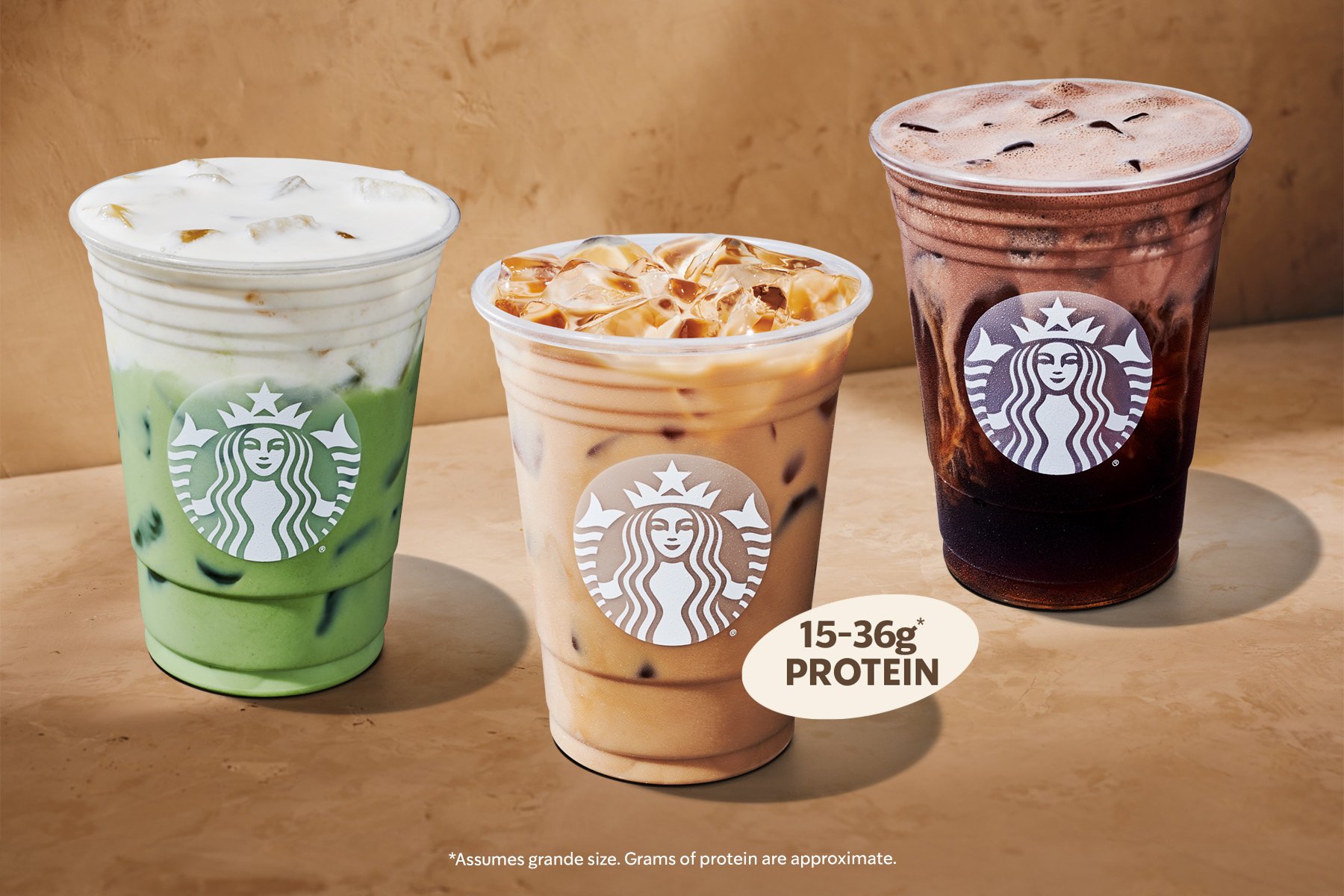More than 1,000 Starbucks baristas represented by Starbucks Workers United (SWU) kicked off an open-ended strike across 65 stores in over 40 U.S. cities, including Seattle, New York, Philadelphia, Dallas, Austin, and Portland.
SWU plans to rally at 4 p.m. local time in more than a dozen cities and said the strike has the potential to become the largest and longest in the company’s history.
In recent months, Starbucks CEO Brian Niccol has shuttered hundreds of underperforming stores, including the unionized flagship Seattle location, and also implemented a series of corporate job cuts to reduce costs.
Negotiations between the coffee chain and SWU began in April 2024 after the union had grown to represent roughly 9,500 baristas at about 550 company-owned U.S. cafes – a noteworthy number but only a modest share of the company’s overall workforce.
And starting around December 20, 2024, SWU members initiated a multi-day unfair labor practice (ULP) strike that concluded on Christmas Eve.
From the get-go, the union’s demands have revolved around recurring issues within the foodservice sector, such as improved staffing to reduce wait times and over-burdened shifts, higher wages, and more predictable scheduling, as well as the resolution of hundreds of alleged ULP complaints filed by SWU.
While Starbucks contends that it has already reached more than 30 tentative agreements on contract articles and also offers “the best job in retail,” with an average total compensation (wages plus benefits) worth about $30 per hour for hourly “partners,” the union seems to disagree.
SWU contested Starbucks’ offer earlier in 2025, rejecting a proposal that guaranteed only a minimum 2% annual raise, with no immediate wage hikes or meaningful improvements to benefits to be found.
A Storm in a Red Cup
In October/November, the union called for a vote to authorize the strike after filing more than 1,000 ULP charges against Starbucks with the National Labor Relations Board, and 92% of unionized Starbucks baristas voted in favor of authorizing an open-ended strike if no fair contract were in place by November 13 – the day Starbucks runs its major “Red Cup Day” holiday promotion.
Launched in 2018, the annual event typically draws heavy traffic as customers seek to collect limited-edition holiday cups.
The timing of the strike reflects a growing trend in labor organization: targeting high-profile corporate events to maximize visibility and increase leverage.
Although Starbucks has claimed that it remains “ready to talk,” the coffee chain has also insisted that many of SWU’s proposals – particularly the 65% immediate wage increase, as well as a 77% increase over three years – would result in significant disruptions to store operations and customer experience.
However, the company also noted that it would be able to continue the majority of its holiday operations even if the unionized stores strike, as only 4% of its U.S. baristas are unionized at this point.
Food for Thought Leadership
This Episode is Sponsored by: Performance Foodservice
How important is it as a food distributor to build a brand for foodservice – especially since consumers may never see or recognize it? Mike Seidel, vice president of procurement at Performance Foodservice Corporate, shares how the company views the development of its existing foodservice brands, including Roma and Contigo, and how they helped in the creation of its most recent Mediterranean concept Zebec.


